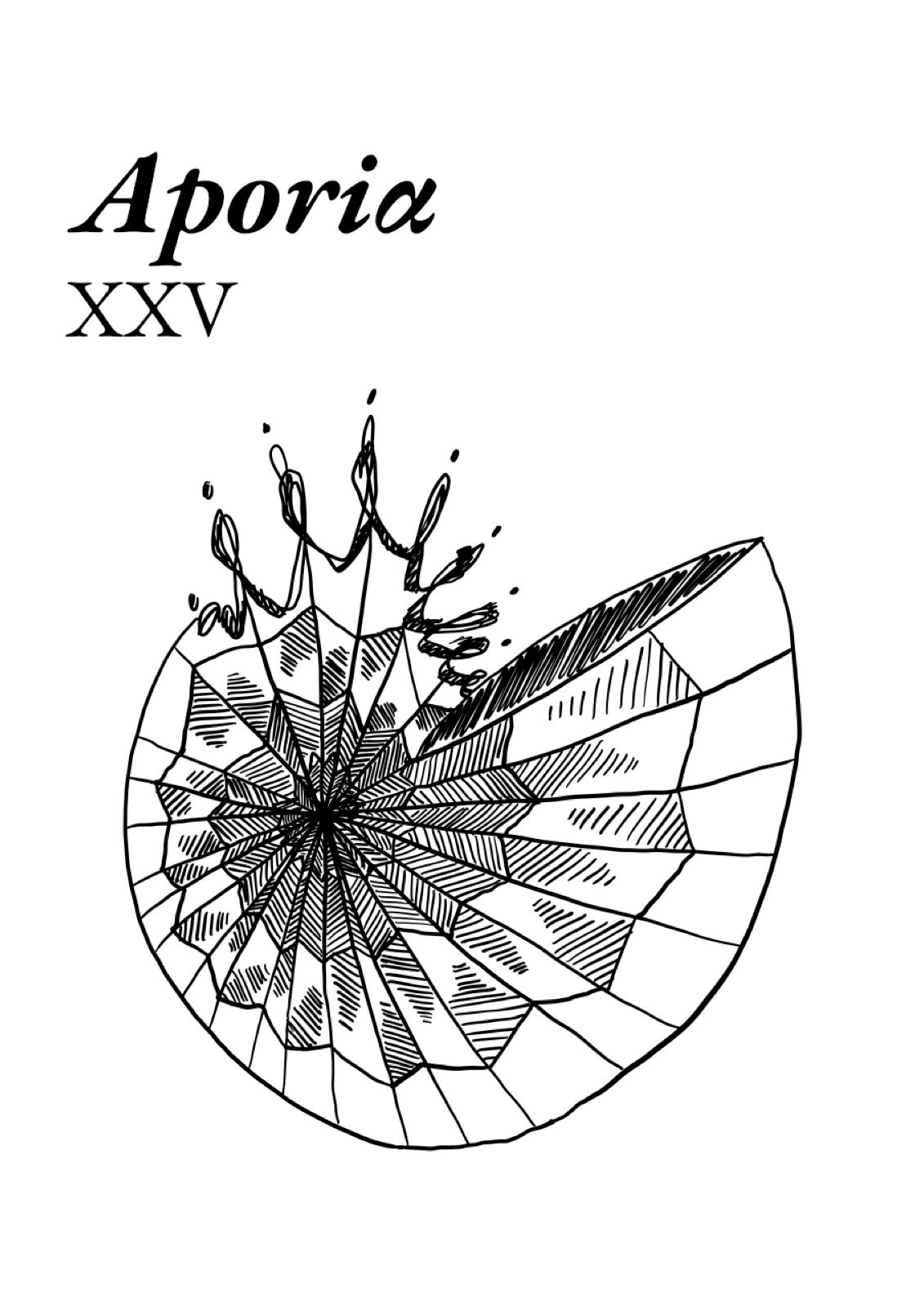Selfish Comparative Optimism: A Rejoinder to Nagasawa’s Problem of Evil for Atheists
Main Article Content
Abstract
Yujin Nagasawa’s problem of systemic evil (pose) argues that systemic evils like natural se lection pose a greater challenge to atheism/non-theism than to theism, as they conflict with “modest optimism”: the view that the world is fundamentally “not bad.” Nagasawa suggests theism resolves this by appealing to a heavenly bliss, offsetting natural evils, a strategy unavailable to atheists/non-theists. However, I argue that atheists/non-theists are better equipped to address pose because they are not constrained by the theistic commitment to a categorically good world. In Section 1, I critique two theistic approaches to pose. Extreme optimism defends the actual world as the best possible one, requiring problematic justifications such as free-will and “only way” theodicies to explain systemic evils as necessary. Neutral optimism, while allowing for multiple good worlds, still struggles to reconcile systemic evils with a benevolent God, merely shifting the problem to other possible worlds. In Section 2, I explore how atheists/non-theists can bypass pose. They can adopt personal, rather than cosmic, optimism, valuing their own existence without affirming the world’s overall goodness. Alternatively, they can embrace comparative optimism, viewing existence as better than non-existence without attributing intrinsic value to natural processes like evolution. These flexible approaches free non-theists from the philosophical burdens tied to systemic evils. In Section 3, I argue that even if pose persists, atheists/non-theists can “borrow” theists’ theodicies without committing to their metaphysical assumptions. By adopting naturalistic or subjective frameworks, non-theists can justify their modest optimism without the theological constraints imposed by theism. This demonstrates that pose ultimately challenges theistic frameworks more than atheistic ones.
Article Details

This work is licensed under a Creative Commons Attribution 4.0 International License.
Author's retain copyright, but give their consent to Aporia to publish their work.

